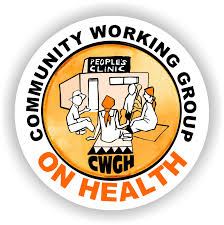
In the letter, CWGH Executive Director Itai Rusike said that the deplorable state of the country’s health system requires urgent attention, especially giving priority to revitalizing the PHC concept and philosophy that once worked so well and gave Zimbabwe health leadership within the SADC and beyond.
“The country needs sustained investments in primary health care to rise up to the occasion and attain the health financing, health governance and therefore health care delivery goals and so enable the health system to urgently close the current gaps that may hinder the country’s attainment of its set goals and targets,” said Rusike.
Rusike said that a whole-of-government approach is needed to adequately address the social determinants of health to achieve Universal Health Coverage (UHC), thus enabling every Zimbabwean equitable access to essential and quality health services without facing financial hardships.
He also highlighted some of the key challenges facing the country’s health system, including dilapidated infrastructure, outdated equipment, shortage of medicines and health personnel, and long distances that some Zimbabweans have to travel to reach the nearest health facilities.
“The current quadruple or indeed multifaceted burden of disease and conditions, (communicable, non-communicable, injuries, HIV, maternal, perinatal, neglected tropical diseases, cancers, mental, dental, substance abuse) is unmatched by the prevailing institutional capacities, management and health staff skills to adequately detect and manage,” said Rusike.
Rusike called on the new government to take immediate action to address these challenges, including lifting the freeze on employment of health staff, rationalizing the balance of preventive, clinical, rehabilitative, palliative, and support staff in line with PHC, and designing and implementing new and innovative domestic health financing policies to fund a strengthened PHC strategy to achieve UHC.


